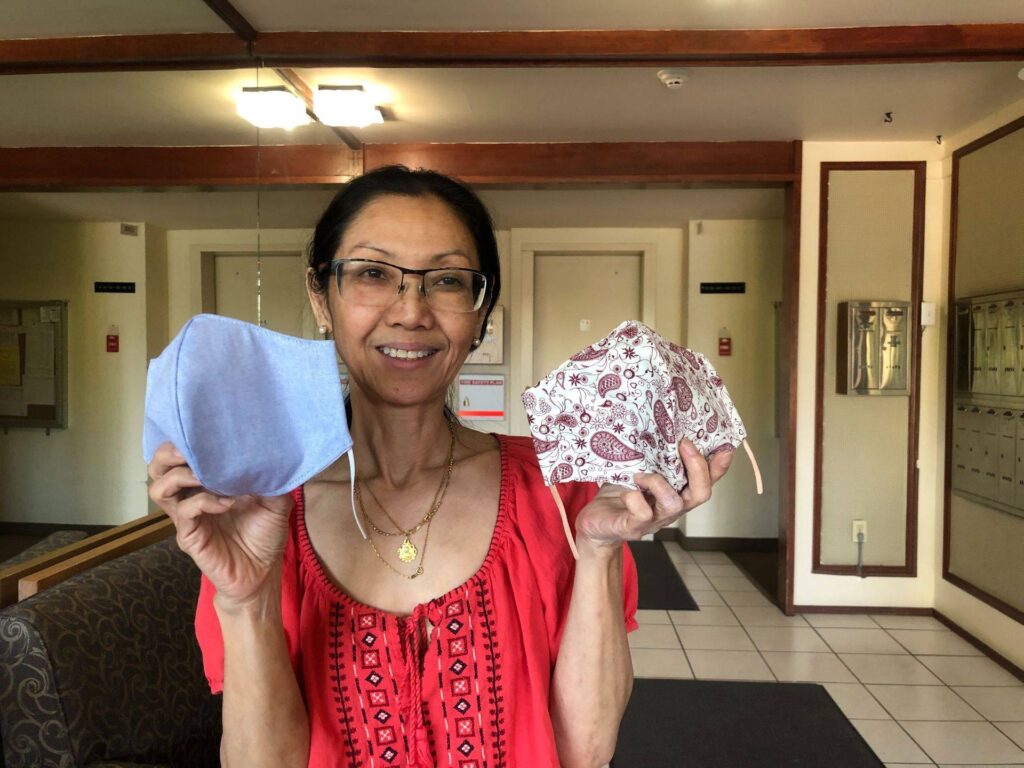The Canadian Centre for Policy Alternatives (CCPA-BC) issued a new comprehensive list of policy recommendations on worker ownership for municipal, provincial, and federal governments. These 15 recommendations centre on 4 core pillars:
- Clearer legislative frameworks for employee-owned firms
- Tax and public policy incentives
- Public capital and access to financing
- Supporting, incubating, and awareness-building institutions



Expanding democratic ownership in Canada: policy options recognizes the founding of the Union Cooperative Initiative by a coalition of organizations and the Alliance for Cooperative Development as new regional efforts laying the groundwork for scaling community and worker ownership.
Our growing network of union cooperatives is working. Our cooperatives have provided sustaining and live wage work and community to over 130 precarious gig workers from across Metro Vancouver. Here are two of our union cooperators in action:
Gigi Mercado, a freelance artisan, was laid off from her work in the cleaning sector when the pandemic first hit. Gigi starting a fabric mask making initiative out of her closet in her East Vancouver apartment to pay for her medication costs.
Through the UCI, Gigi helped launch SCOOP, the Stitchers Cooperative, with a group of 25 other IATSE and freelance sewing professionals who had lost their work due to theatre closures.

The Gigi mask making initiative provided over $100,000 in living wage flexible work to members, a crucial lifeline and community during the height of the pandemic.
Jack is another precarious worker who joined the UCI Network. Jack, a certified personal trainer, was jumping between precarious jobs at private gyms. Mandatory unpaid overtime, free consulting work, and abusive bosses are the industry norm.
Jack finally landed in the at-home fitness industry through a gig-work platform-style company. The dream of independent practice was quickly shattered by a company that charged Jack and other trainers a long list of fees on top of their “commission.” Demands for free work and unpaid new client onboarding were required.
The owner of the company openly bragged to investors that it was a legalized version of a pyramid scheme. Jack was barely making above minimum wage with additional time costs of travel between clients and maintaining a vehicle.


Through the UCI, and the help of allied labour lawyers working pro bono, Jack was supported to leave the company and launch the community fitness cooperative in Burnaby
In the first 6 months of operations, Jack saw and over $8000 increase in his take home pay. Jack and other trainers are set to see their wages climb from an average $35,000 to $45,000 to $70,000 to $90,000 per year.
Jack shares that his favourite part of working through the cooperative and UCI network is the community and support it provides.
Jack and Gigi’s stories are shared permission
Read the full report at https://policyalternatives.ca/employee-ownership






